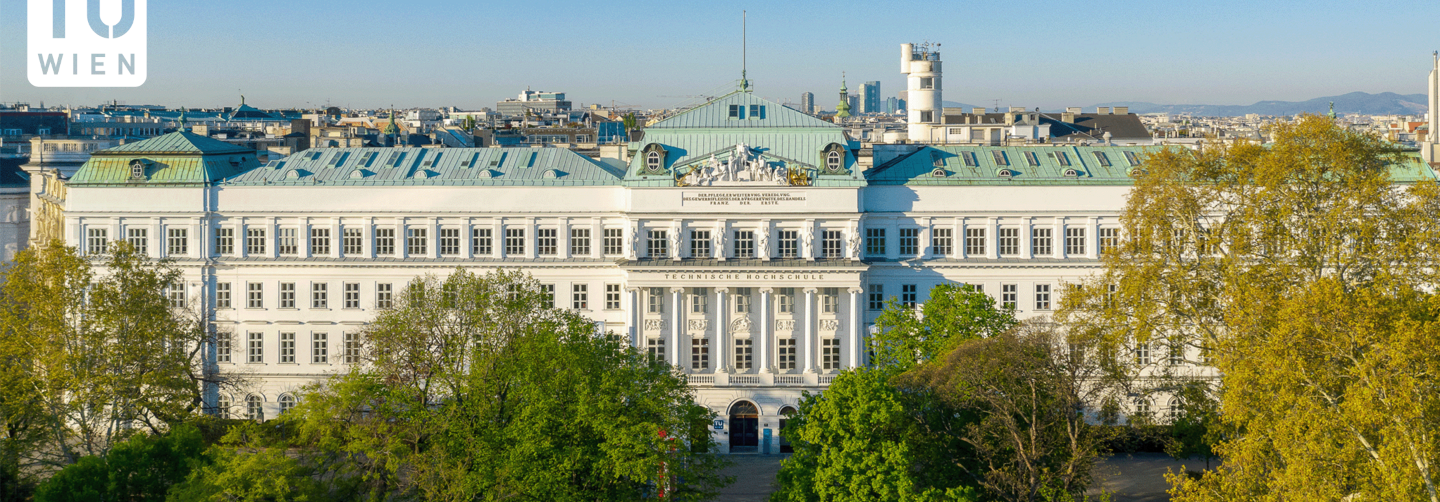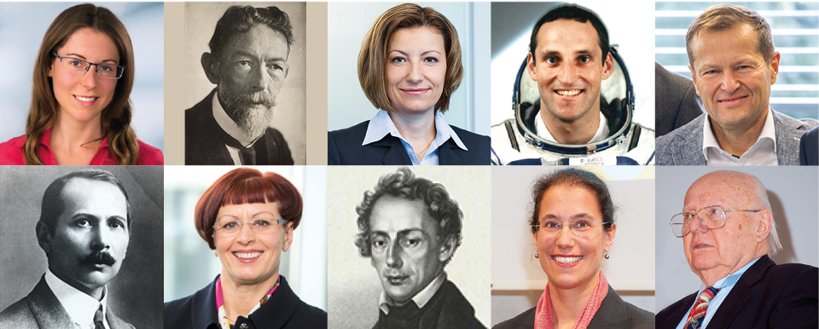TU Wien is Austria’s largest research and educational institution in the field of technology and natural sciences. Here, over 4,000 academics are working on ‘Technology for People’ in five key areas of research across eight faculties.
The content of the courses offered is based on the excellent research, benefiting around 26,000 students in 62 courses of study. As a driver of innovation, TU Wien strengthens Vienna’s status as an economic hub, enables collaboration and contributes to the prosperity of society as a whole.
Mission Statement
In order to enable universities to fulfil their specific social tasks – scientific research and teaching as well as raising public awareness – the high good of freedom of research and teaching must be preserved and continuously cultivated. TU Wien is firmly anchored in Austria’s innovation and science system. In accordance with its mission statement ‘Technology for People’, this anchoring is built on the following foundations and values:
- Research
- Academic Affairs
- Participation
Research – Developing Excellence in Scientific Research
As a premier research university we build our reputation through our scientific and artistic research. TU Wien conducts research and pursues the advancement of the arts (both in the specialist and trans- and interdisciplinary subjects offered). It is committed to maintain the high standards it has achieved and to further enhance them by networking, collaborating and pooling its strengths in national and international collaborations.
History of TU Wien
TU Wien has its origins at Karlsplatz in the centre of Vienna. It was founded in 1815 under the name ‘k. k. polytechnisches Institut in Wien’.
On 4 April 1805, Emperor Franz II (I) (1768–1835) instructed the Imperial Commission on Education to produce a report on the question of establishing a polytechnic institute in Vienna.In March 1810, Johann Joseph Prechtl (1778–1854) was appointed to develop an organisation plan and course programme.
After countless revisions, the draft received imperial approval on 31 August 1817.
Prechtl himself was appointed the director of the future educational institution on 24 December 1814.


 INCOM 2024
INCOM 2024